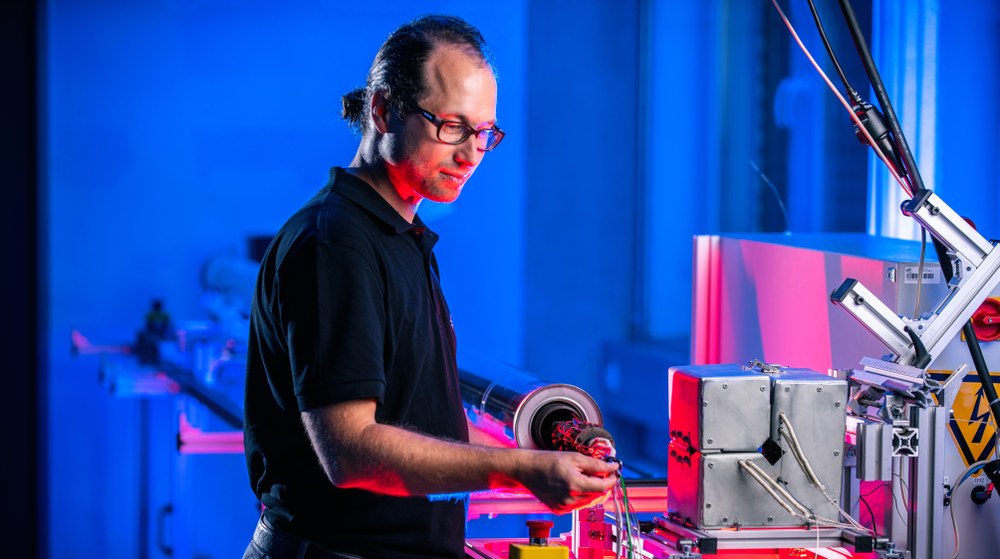Qualification Department



The focus of the Qualification department is on the continuous optimisation of the operation and maintenance of solar thermal power plants and photovoltaic systems. We develop advanced measurement methods and systems to analyse and evaluate solar components, systems and meteorological factors in detail. The aim is to increase the efficiency of solar thermal energy generation plants, extend the service life of components and improve their adaptability to local conditions.
Quality assessment and performance analysis
We develop innovative tools and methods for the precise quality assessment of solar thermal components and provide comprehensive performance data on these components and collector systems from laboratory and field tests. We also evaluate the performance and durability of advanced solar components and work to establish industry-recognised guidelines and standards for their testing. Another focus is analysing the influence of meteorological parameters on the overall performance of solar systems and on the dual use of agricultural land (agrivoltaics).
Core competences of the department
- Development of test methods, measurement standards and certifications for the performance and durability of solar thermal components in the laboratory and in the field.
- Development of material coatings and accelerated ageing methods for solar components for rapid prediction of lifetime degradation.
- Provision of meteorological data to support implementation at suitable locations and to optimise operation and maintenance.
- Development of models for the simultaneous utilisation of land for agriculture and solar energy generation.
Departmental structure
The department is divided into five groups. They work at the Almería, Cologne, Jülich and Oldenburg sites:
Thermal Condition Monitoring
The team provides measurement technology and test benches for the qualification of components and systems in industrial and commercial plants. Researchers test all relevant components at the accredited DLR QUARZ® Center in Cologne and the Plataforma Solar de Almería (PSA; owned and operated by CIEMAT).
Optical condition monitoring
Experts in the working group are developing measurement methods using visual inspection with drone-based camera systems for the optical qualification of solar fields of tower and parabolic trough systems. They analyse the alignment of heliostats and their positions in large heliostat fields to ensure optimum focusing.
Materials
Scientists in the team develop coatings and test materials such as mirrors, absorbers and particles under different climatic conditions. This also makes it possible to predict the service life of solar technologies.
Meteorology
Members of the working group carry out measurements of meteorological conditions and all parameters relevant to the development and operation of the facilities. Together with CIEMAT, the institute operates a well-equipped meteorological station and nowcasting systems on the PSA, further nowcasting systems at the DLR site in Jülich and at commercial facilities, as well as a sensor/camera network with cloud cameras in Oldenburg together with the DLR Institute of Networked Energy Systems.
Agrivoltaic
The team's researchers are modelling and measuring the influence of meteorological parameters in order to investigate options for the dual use of land for both agriculture and sustainable energy generation. This includes the integration of photovoltaics in greenhouses, for open-air agriculture and the development of innovative solutions for optimised water use.
